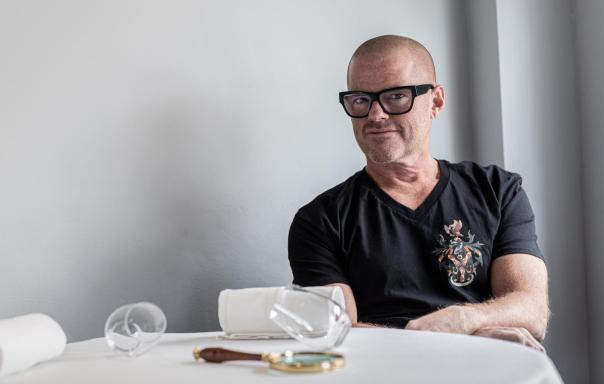
He has been recently diagnosed as bi-polar following a positive assessment for attention deficit hyperactivity disorder (ADHD) in 2017 and believes his neurodiversity has been a ‘superpower’ for him, and can be for more employees and employers.
According to research commissioned by Heston, almost one-third (31%) of board directors and HR professionals at the UK’s largest 350 companies describe their firm’s recruitment policy for neurodivergent applicants as poor or average.
The celebrity chef whose restaurants include Three Michelin Star Fat Duck, the Michelin starred Hind’s Head, the Two Michelin star Dinner by Heston Blumenthal and the Perfectionists’ Café, wants to raise awareness of the importance in including neurodivergent people in the workplace.
He commented: “People with diagnoses like mine - and with numerous other kinds of neurodiversity in our society – are woefully underrepresented in the workplace. These are individuals who may have exceptional skills and unparalleled abilities yet because of traditional ways of working, we are missing out on the brilliance they can bring to UK business.
“I hope that being open about my own mental health will raise awareness of the issue and I want to campaign to highlight the contribution neurodiversity can make to the workplace. I am neurodivergent, which I describe as my superpower. The world needs to move on from outdated and archaic misinterpretations of perceived difference, and embrace the opportunities neurodiversity presents.”
Heston is urging employers to adapt their workplaces and organisational cultures to be more inclusive of those who are neurodivergent and create environments that nurture and foster individuals who offer a range of outlooks and approaches to life.